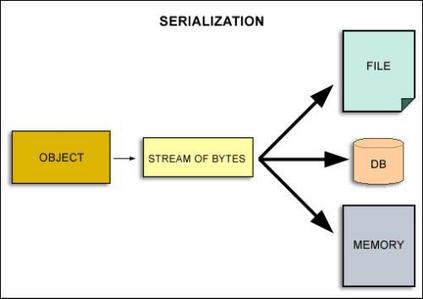Serial dictatorship is a simple mechanism for coordinating agents in solving combinatorial optimization problems according to their preferences. The most representative such problem is one-sided matching, in which a set of n agents have values for a set of n items, and the objective is to compute a matching of the agents to the items of maximum total value (a.k.a., social welfare). Following the recent framework of Caragiannis and Rathi [10], we consider a model in which the agent-item values are not available upfront but become known by querying agent sequences. In particular, when the agents are asked to act in a sequence, they respond by picking their favorite item that has not been picked by agents who acted before and reveal their value for it. Can we compute an agent sequence that induces a social welfare-optimal matching? We answer this question affirmatively and present an algorithm that uses polynomial number (n^5) of queries. This solves the main open problem stated by Caragiannis and Rathi [CR23]. Our analysis uses a potential function argument that measures progress towards learning the underlying edge-weight information. Furthermore, the algorithm has a truthful implementation by adapting the paradigm of VCG payments.
翻译:暂无翻译


